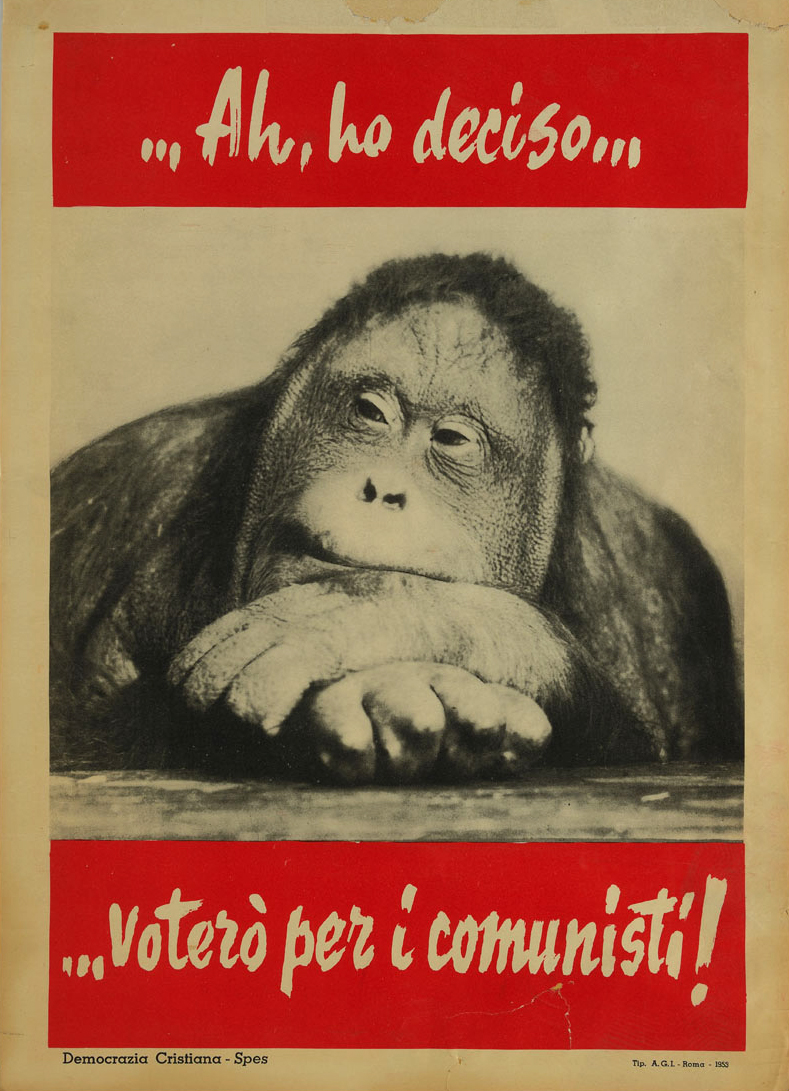

I’m just not seeing the argument apart from a pessimistic/accelerationist argument. Fascism is not going to make construction of socialism easier; I don’t see how it won’t make it immeasurably more difficult. Even if fascism is inevitable, you’d also have to argue that it should be sped up, which is where it just doesn’t seem like a serious argument to me, because surely the European working class should be given and requires more time to develop?






If anything I’ve read too much theory comrade. I’m fully familiar with the arguments you’re citing, though personally I disagree. I disgree with the third-word The Leninist concept of labor aristocracy, though useful (which is not to say we can’t disagree with Lenin: he was a man of his time and what wrong on several points, though not the most important), I think often gets used in a really metaphysical and binary way. The Western proletariat certainly has advantageous conditions of life which are due to imperialism. That goes without saying. However no-where in what Lenin writes, not according to class interest, must the Western proletariat necessarily perceive I think people often make far too much of the idea that the Western working class consciously knows exactly what its supposedly reactionary interests are in that way. That’s not the way that class is lived or experienced. At times that might come through, such as when they vote for the far right in elections during a recession and high levels of immigration, but I think it’s a big assumption to suppose that their have a perfect understanding of their class interest when they do that. They certainly don’t seem to have a rational grasp on it when you speak to them, and so the only way of supporting the argument then seems to me to be to argue that there is some subconscious, structural or superstructural determination of their reactionary positions as in their class interest whether they are conscious of this or not; but this seems deeply unscientific and unverifiable to me - regardless, I think there a bunch of basic arguments, including from Marx himself, which make clear that it is the very nature of capitalism, understood in terms of its class system, which makes the class interests of the working class opposed to that of their bourgeoisie.
The Western proletariat does have a class interest in ending capitalism. The large majority of them have not seen their living standards increase since the 70s, and I strongly believe that their conditions of life would be far healthier and more fulfilling were they to live in socialist and communist societies. Otherwise my fear is that we’re using a very reductive understanding of what class interest or quality of life means, making it excessively consumerist, thereby reproducing mystifying capitalist categories. My fear is that it devolves in a stereotype of vulgar materialism, as opposed to the far more open method of historical materialism which Marx uses (I’m not going to touch on dialectical materialism as that’s more controversial a concept).
Practically, it seems to negate a really basic and essential for of solidarity, and would suggest that every communist in the West should give up, leave the West, or wish for the death of their loved ones. Even practically I don’t see it as a coherent strategy, given not only the previous comment but also because the idea that the working classes of the Global South are consciously very progressive politically is unfortunately often not the case, which is clear to anyone who has lived outside of the West. This is ofc a different point to whether or not there are geopolitical and global economic processes which lead certain geopolitical blocs or their working class populations to take certain views and positions which are progressive as historical material movements. For instance I can simultaneously say at Hamas and the Houthis, in their domestic contexts, are high reactionary in a bunch of ways, while also recognizing that their struggles against Israel and US imperialism are very progressive as far as geopolitics goes. I’d argue that Russia is more ambiguous. I still think that a fully successful communist revolution must be global and so will require a revolution in the imperial core, as Marx, Engels, Lenin, and most communists have thought.
I also think there’s some ambiguity in what we mean by ‘strong’ and ‘develop past neoliberalism’ in what you’ve written. Neoliberalism was a political process of change in policy to reestablish conditions of profitability through programs of austerity. It’s not a different kind of mode of production. It’s still capitalism. This is historical and therefore can, and will, end. Other modes of production will emerge. So I guess you might be suggesting that the West will simply go fascist? I’m also add that I don’t think that revolutions are simply matters of the military strength of the power, but broader socio-economic conditions, though if the question is whether the conditions of the working class will need to become more critical before revolutionary conditions emerge, then I’d certainly agree. Nevertheless that doesn’t imply that the immediate target should be the immiseration of the Western working class.
Obviously this is a theoretical disagreement, not a personal attack. Feel free to let me know what you think comrade.